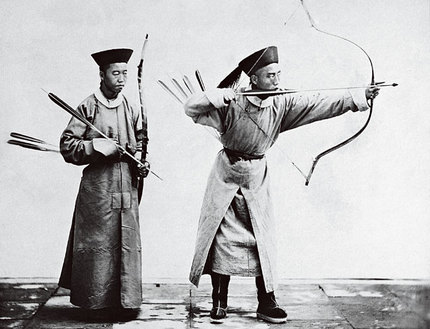

Notice that the word "pigtail" itself is not problematic at all it's certainly fine to say to a little girl, "I like your pigtails." But in the context of Qing China, it's basically the same as if one were to use a word like "dress" or "skirt" to refer to a changshan (as opposed to using the Chinese word itself, or a less feminizing word such as "robe"). The short answer is "yes." The more "adult" or "encyclopedic" word for the Qing hairstyle would be queue. So my question is, can "pigtail" be insulting in certain context, like referring to the Qing Chinese hair style in the age of imperialism? (A ponytail differs in that it is not plaited.)

808/2 D ivide the ponytail in two, then plait to form two pigtails. Now chiefly: each of two tails of (usually plaited) hair hanging from either side of the head, as worn esp. In early use: a single plait or queue of hair hanging down from the back of the head, as in a particular style of wig, or as worn by soldiers and sailors in the late 18th and early 19th centuries a long plait of hair as formerly worn by the Chinese. July 55 Sweetmeats.being great favourites with the ‘pigtails’.Ģ.a. Now rare or historical.ġ886 Cornhill Mag. colloquial (frequently derogatory and offensive). Prior to the early 20th century, in the morals of the day, it was simply casual speech - an informal reference to a group of people - any insult would come from the context, rather than the word itself:Ģb. In the 18th and 19th centuries British soldiers and sailors used to wear their hair in a pigtail. It is simply a valid description of a hairstyle. A pigtail is not insulting in current BE.


 0 kommentar(er)
0 kommentar(er)
